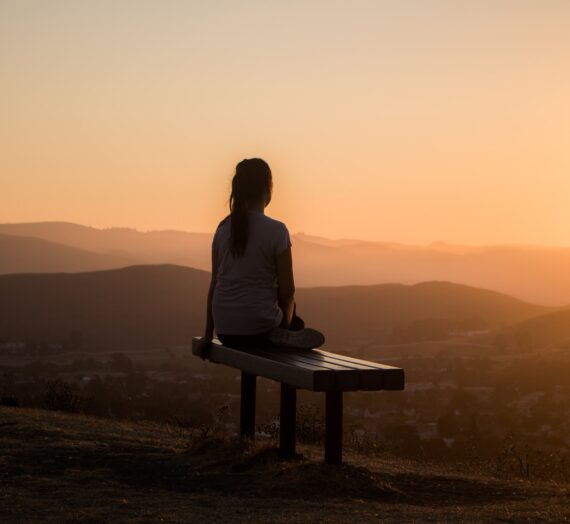What’s religious trauma? For some Latter-day Saint women, church may become difficult or even unsafe because of it, yet many members have probably never heard of it. In Episode 135, Jana Spangler joins Cynthia and Susan for a discussion of some of the ways trauma may manifest in our church experience, and steps we can take toward healing.

Notes & Quotes:
Find ALSSI Episode 69 with Jana about the Enneagram here
Find Jana on Instagram here and on Facebook here and professionally here
The Wisdom of Trauma, Dr. Gabor Mate
The Body Keeps the Score: Brain, Mind, and Body in the Healing of Trauma, by Bessel van der Kolk
Sacred Wounds: A Path to Healing from Spiritual Trauma, by Teresa B. Pasquale




Voni
Thank you for addressing this. I am a cPTSD survivor and really struggle attending church due to this type of trauma. It really is in depth work to overcome. I have been in trauma therapy for four years now and it is hard hard work. Everything discussed felt like a coming home of sorts because it is so difficult to find individuals I can be authentic with and share what is going on in my world. There is so much grief in not being able to attend church like I used too or having to get up and leave and go for a gentle walk to calm my nervous system. It pains me greatly to have to say “I don’t feel safe at church” or to admit I have nightmares related ti being in church. Thank you from the bottom of my heart.
Sara Larsen
I learned so much listening to this episode. It’s been a while since I listened, but still felt I wanted to leave a comment. You mentioned the anxiety feeling, or trauma response of heart pounding and an ache in my stomach when feeling the need to make a comment in Relief Society, or get up and bear testimony of something I’d been thinking. I had always assumed, and heard others describe this as the Spirit, prompting us to say what needed to be said. But I also always wondered why, if this is the Spirit, does it feel so awful?? But now I see this is probably a “little t” trauma response, probably to speaking in public. Now, as a 50 year old woman, I feel empowered to sit through that response, and calm my body or wait for it to subside, and then decide if I want to comment or get up. I no longer feel the guilt of “not heeding the promptings of the Spirit” if I don’t comment or get up in testimony meeting after feeling that trauma response. It is very liberating to feel the ability to choose, rather than feel forced by that awful feeling into speaking in church.
Jennifer
Thank you for this discussion. I became my own “undoing” a few years back. I’ve managed through with my testimony of the Restoration in tact, but not without a daily undercurrent of discomfort. This episode really resonated with me. I feel like it’s a first thread in women really owning what has happened to them as participants in the church and an opportunity to reweave our understanding of our place in God’s community.